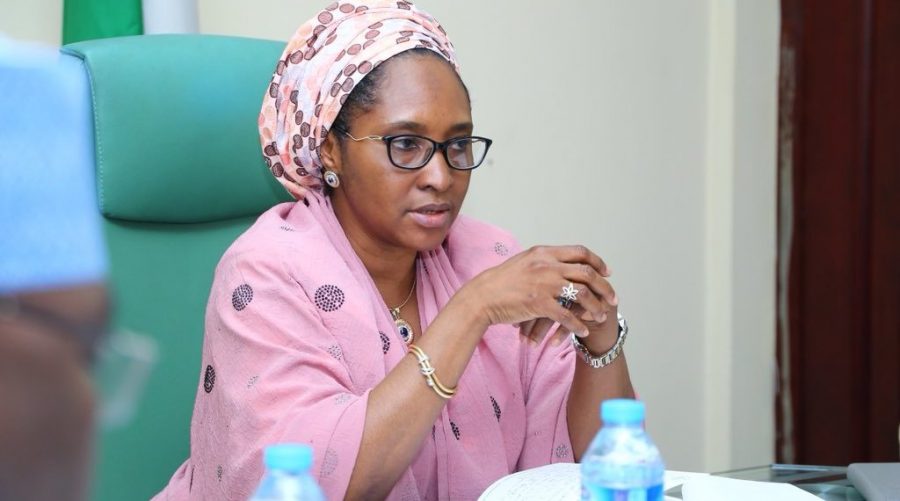Nigeria’s total public debt stock, comprising the debt obligations of the federal government, states and the Federal Capital Territory (FCT) rose from N39.56 trillion in December 2021 to N41.60 trillion ($100.07 billion) in the first three months of 2022 (January to March), the Debt Management Office (DMO) revealed yesterday.
In addition, the domestic debt service obligations of the federal government stood at N668,685, 710,112.98 in the first three months of 2022.
According to the DMO, with the increase in the country’s debt profile, its total public debt-to-gross domestic product (GDP) now stands at 23.27 per cent, as against 22.43 per cent December 31, 2021.
The DMO, in a statement posted on its website explained: “The amount represented the domestic and external debt stocks of the Federal Government of Nigeria, the 36 state governments and the Federal Capital Territory. The comparative figures for December 31, 2021, were N39.56 trillion or $95.78 billion.”
READ ALSO: $15.9bn Eurobonds: Nigeria not at risk of debt distress, DMO insists
The total public debt stock, the agency said, included new domestic borrowing by the FGN to partly finance the deficit in the 2022 Appropriation Act, the $1.25 billion Eurobond issued in March 2022 and disbursements by multilateral and bilateral lenders.
According to data posted by the DMO, the federal government’s total domestic debt as at March 31, 2022, stood at N20.144 trillion (N20,144,027,724,703).
Nigeria owes the largest chunk of $18,957.22 billion to multilateral creditors, including the World Bank Group, International Monetary Fund (IMF), African Development Bank, European Development Fund Arab Bank for Economic Development in Africa, Islamic Development Bank, and the International Fund for Agricultural Development (IFAD).
Out of the $18,957.22 billion owed multilateral agencies, $12,229.43 billion and $486.10 million respectively to the International Development Association (IDA) and the International Bank for Reconstruction and Development (IBRD)- two members of the World Bank Group.
It is also indebted to the International Monetary Fund (IMF) to the tune of $3,395.08 billion and $4 495.87 billion to bilateral creditors, including China Exim Bank $3,667.65 billion), Agency Francaise Development of France ($567.89 million) and KfW of Germany ($164.04 million), among others.
READ ALSO: $15.9bn Eurobonds: Nigeria not at risk of debt distress, DMO insists
Nigeria’s second external debt obligation were commercial loans, standing in excess of $15.918 billion. This included Eurobonds and Diaspora Bond.
According to details of the 2022 fiscal performance report for January through April, Nigeria’s total revenue stood at N1.63 trillion while debt servicing stood at N1.94 trillion, showing a variance of over N300 billion.
Meanwhile, Nigeria’s Minister of Finance, Budget and National Planning, Zainab Ahmed, on Thursday warned that urgent action is needed to address the nation’s revenue challenge and expenditure efficiency at both the national and sub-national levels.

 Latest2 days ago
Latest2 days ago
 Crime4 days ago
Crime4 days ago
 Editorial1 week ago
Editorial1 week ago
 Agribusiness5 days ago
Agribusiness5 days ago
 Business6 days ago
Business6 days ago
 Business4 days ago
Business4 days ago
 Agribusiness3 days ago
Agribusiness3 days ago
 Featured6 days ago
Featured6 days ago

